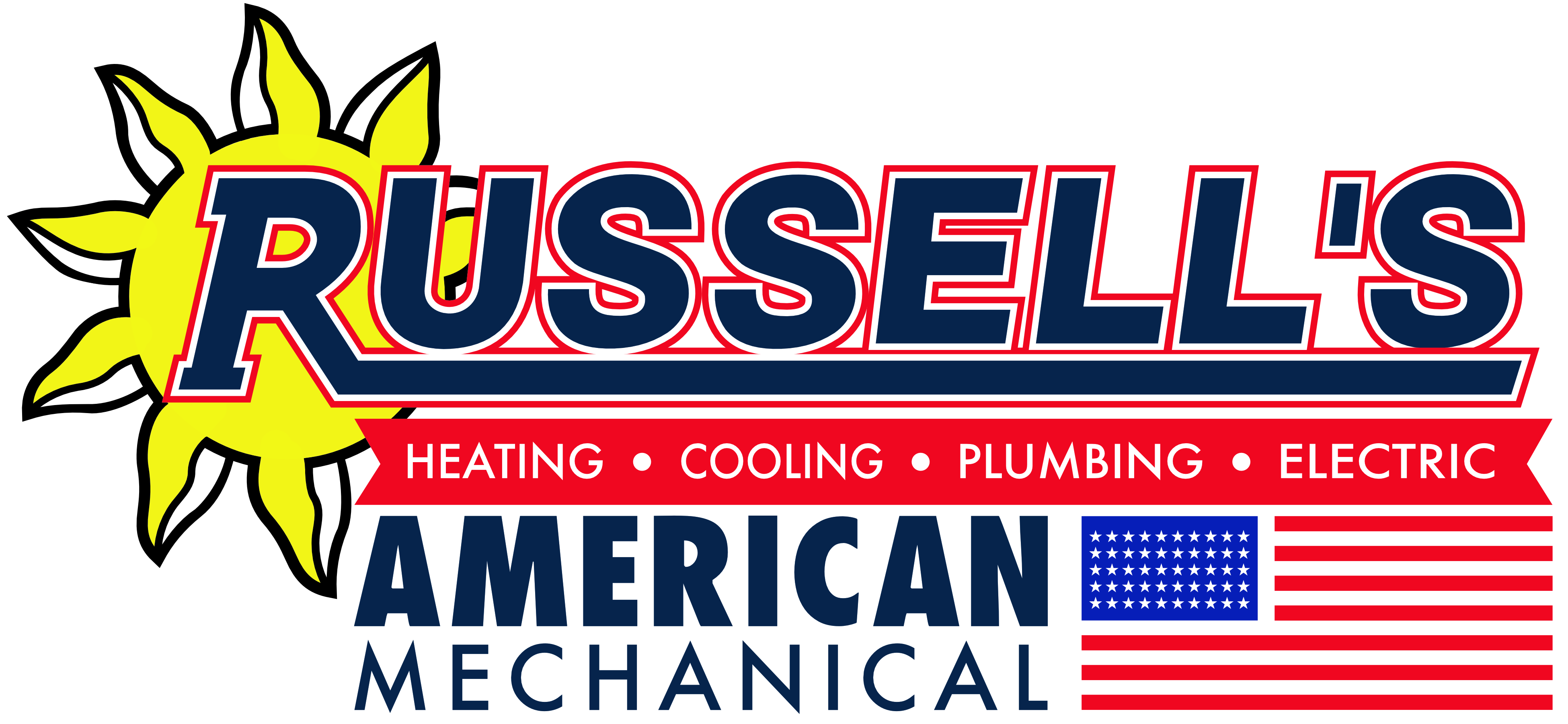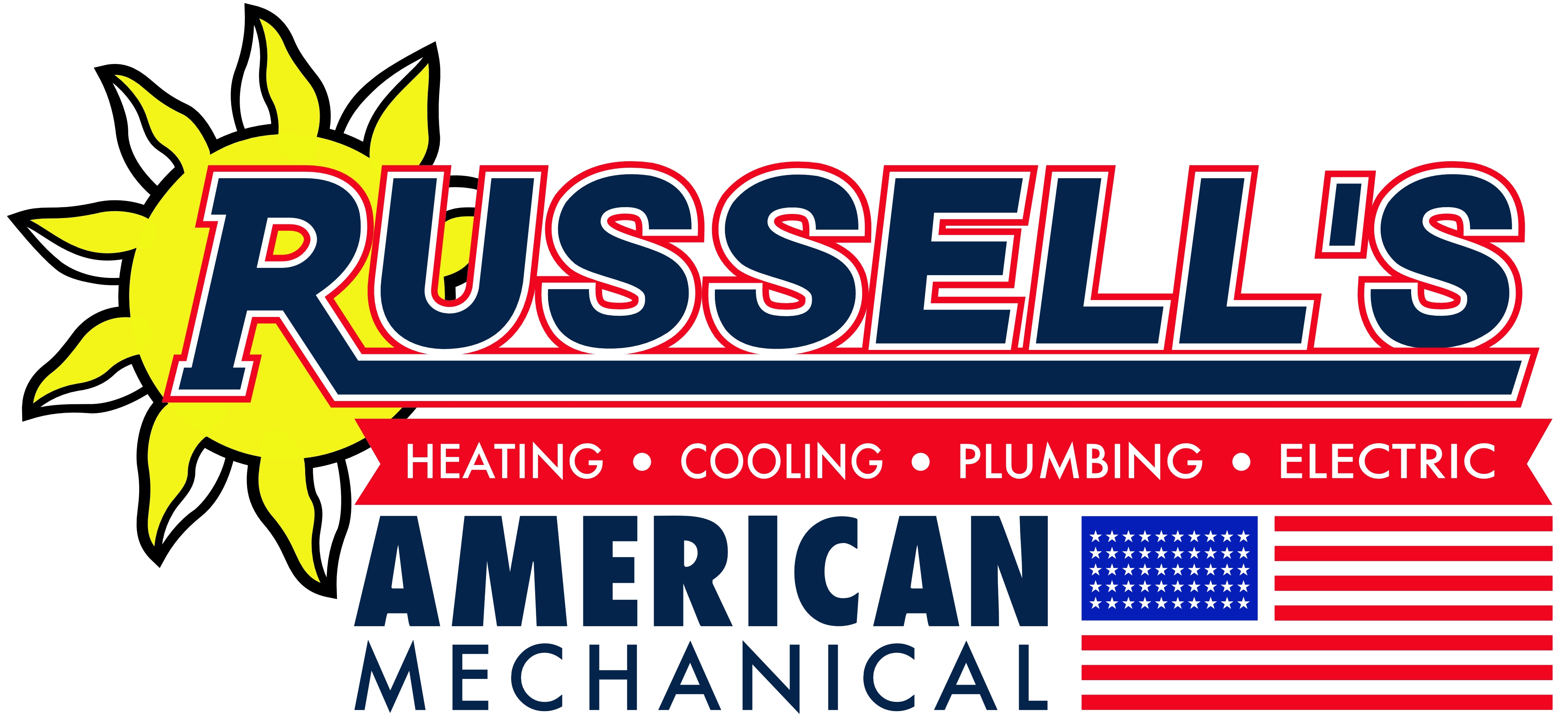

Make sure your contractor's work is up to code!
Get in touch with us to schedule a service with our knowledgeable team.
Pretty soon you'll start to realize that most of what you already know about purchasing a new system (size, brand, etc.) doesn't really help you that much. That's because it's the stuff that you don't know about that really makes the most difference.
Remember when I said that a lot of the costs of purchasing a new system are "installation-related" and don't have much to do with the cost of the equipment? This section should give you a better idea of what I mean.
There are a lot of city and state codes that must be followed when a contractor installs an air conditioner or furnace. How many of those codes are you familiar with? Do you think the contractor knows that you don't know the codes and requirements? It's so easy for them to skip required steps and that's one way installation costs can be lowered, and estimates can range dramatically.
Don't assume that all codes will be met.
Don't assume that all permits will be "pulled."
Take at least a small amount of time to ensure your work is being done properly. The most diligent inspector is you.
As we stated in the previous section, in order for a system to work right and give you the rated efficiency, it's got to be matched and installed perfectly. Anybody who installs HVAC equipment should follow the same codes and requirements to make it work right. If one company is selling their equipment for $1,000 less than the others, it might be because they're cutting corners. And they're not cutting corners that make them more efficient, they're cutting corners that make your purchase less efficient.
I'll give you some examples of how a "discount" company can cut corners. In most states, whenever you replace a furnace or air conditioner, you have to install (if it's not already there) an electrical disconnect (switch) and a different kind gas safety shutoff to meet code. Now if I didn't tell you that, would you have any clue that that was true? Of course not. But, by skipping these steps, cheaper companies can save some money.
Most people would never know any better, until it's too late.
A lot of furnaces that are replaced require a new flue pipe to bring them up to code. This is incredibly important! It's used to vent poisonous gas out of your home! Does that sound like something you'd like to have done right? I hope it is. Believe it or not, that's one of the biggest cost-cutters a company will use. See what I mean about finding a company you can trust?!
A flue pipe also requires proper clearance, pitches, angles, sizes and materials that are easy to ignore when your trying to put in a fast, cheap system. It's frightening to think about the systems that have been installed by "discount" companies trying to give their customers a "great deal."
Other items that can be ignored by some contractors (either intentionally or through ignorance) are a level slab for your air conditioner (the concrete or plastic pad it sits on), proper evacuation procedures for the recycling of refrigerant, clearances, refrigerant lines (which must be sized to your new system), combustion air for your furnace and service accessibility. As a consumer, you have no idea what's really needed, so you're really at the contractor's mercy.
That's why I've said before and I'll say it again, find a company that you can trust!
Now, if the city and state have all these codes to protect us, how come they don't have inspectors to make sure everything is done right? Well, they do. The problem is, a lot of these contractors don't pull the necessary permits (another burdensome expense for them) and so no one knows the installation is being done. Even if they do, some of the systems never get inspected. And, believe it or not, in some states, even if they spot something, they don't even notify the contractor of the violation. They just add it to his record and leave a red tag at the job! It may never get fixed.
Codes are good. They make everything safer. Yet even if a company abides by all the city codes, that doesn't necessarily mean the system will work at it's best. An inspectors job is to inspect for codes - not the check for quality standards. The codes are primarily in place to address concerns for minimum safety. The key word there is minimum. They do little or nothing for the consumer from a standpoint of efficiency or longevity of the system. There are other ways a contractor can cut corners (your corners) on your installation. Hire cheaper (untrained) labor, use less expensive materials, and do lower quality work. Remember when I mentioned the way a furnace, condensing unit and coil all have to match exactly? That means they have to match in terms of efficiency, capacity and physical size.
One of the common ways a lot of contractors save money is by using what we call "uncased" evaporator coils on their installations. They stock one small size coil that will fit just about anywhere. These coils are simply set in place, regardless of the way they fit, and then boxed in with sheet metal (you can hide a lot with sheet metal). Most of the time this is done because it allows the company to use a "one coil fits all" system. Instead of stocking 10 or 15 different coils, the company can just stock one and make it work on every job. Again, the result is that you could be getting something other than what you think you're paying for.
A lot of installations are done this way because it's fast and cheap and the customer doesn't know any better. Insist on a "cased" coil from whichever company you choose. There can be no surprises when everything's in plain view.
The problem is that oftentimes, the coil that is used is not the right one for the furnace. It doesn't match physically, so the air flow across the coil is not as it should be. Then your furnace is subjected to overheating, short cycling, and premature part failures. That not only causes your cooling system to be less efficient than it should be, it can and will also damage your compressor and make you think you bought a bad condensing unit. As I said, most of the problems with heating and air conditioning equipment arise due to a poor installation, not faulty equipment.
If you were buying a house, you wouldn't have to know every detail of how the whole house was built, you'd just have to know that you could trust the builder to do it right. The same thing goes for heating and air conditioning, but most people just don't realize how involved an HVAC installation really is. You have to look out for yourself, and that means finding someone that you know will do the job right.
Anyone disappointed with new HVAC equipment for not solving their comfort issues, savings on their utility bill, or durability are probably disappointed due to poor installation.



